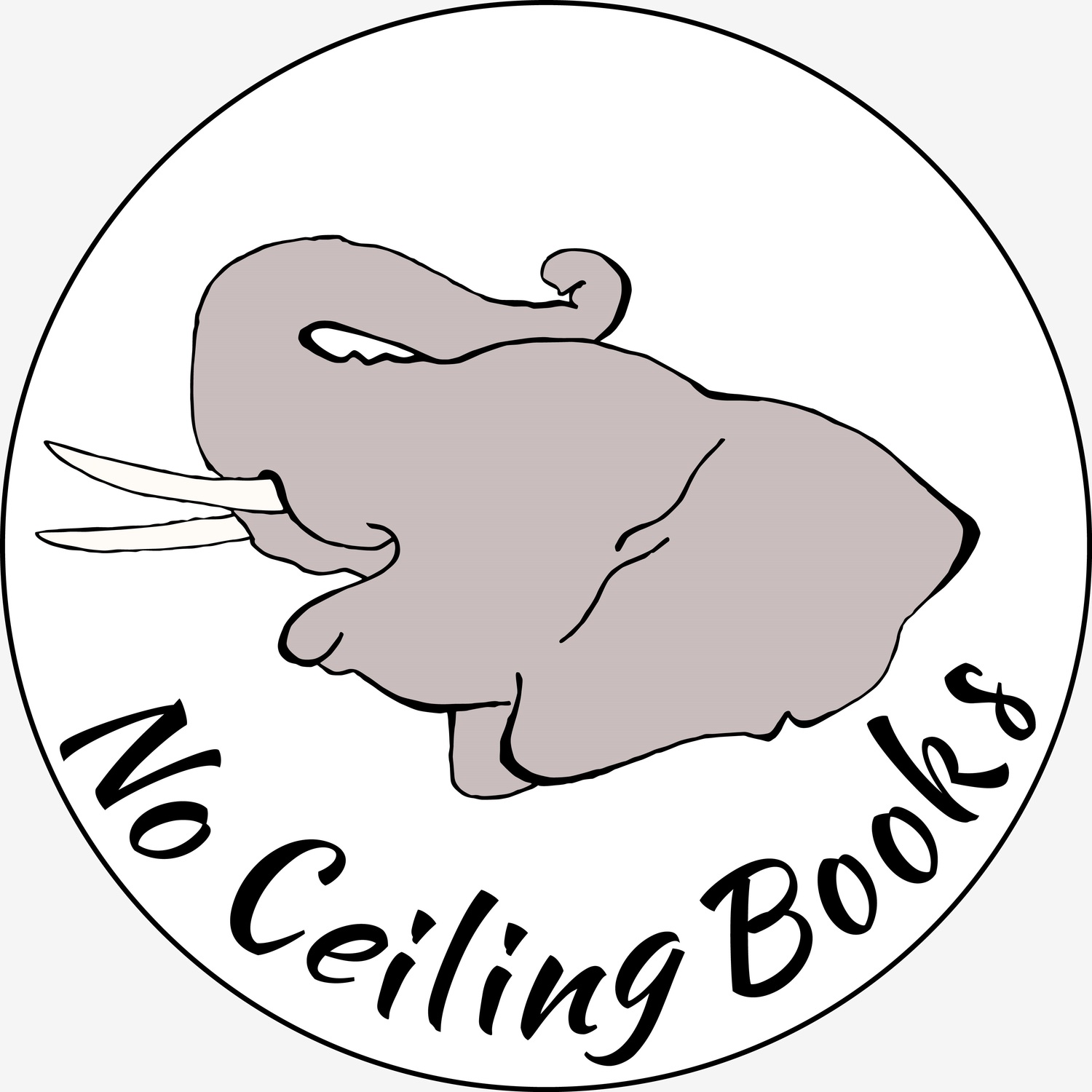The 2015-2016 NFL season kicks off on September 10, 2015 in a Thursday night game between my beloved Pittsburgh Steelers and the defending Super Bowl champion New England Patriots. For us football junkies, it is a great time of the year. Another great season of “Football Sundays” wherein we make sure that no matter what happens in the house on Sunday morning, our butt is firmly planted on our couch or in our recliner by 1:00 p.m. My butt generally stays planted on my couch until the Sunday night game ends around midnight. I occasionally go to the bathroom or make small talk with my wife, and blaze a trail back and forth to the refrigerator. With the advent of Direct TV and the NFL Sunday package, I am able to see each game and each Saturday night has become Christmas Eve to a kid (Can’t wait for tomorrow!!). If you add in the Monday night game and the Thursday night game, we are on football overload. Great for viewing, not always great for marriages (although my wife is terrific about it and sometimes watches with me, especially if she can see Peyton Manning or Marshawn Lynch play).
Another great season opening up tonight is the Fantasy Football season. Fantasy football has become an enormous activity in our culture, and has a lot to do with football’s unbelievable popularity and spike in the ratings. The NFL entered into a reported five-year, $600 million deal in 2006 with Sprint that was driven in large part because of fantasy sports, allowing subscribers to draft and monitor their teams with their cellphones. The NFL released their own official game in 2010, NFL.com Fantasy Football, further driving industry growth. In 2011, the NFL directed their teams to show fantasy statistics during games on the stadium video boards. Many NFL executives have recognized the importance of fantasy football’s success to the NFL overall. In fact, multiple TV programs that focus solely on fantasy football exist, such as ESPN’s Fantasy Football Now and CBS’ Fantasy Football Today. Fantasy football is now the single most important marketing tool for the NFL. It is estimated that almost 20 million people compete in online fantasy football leagues nationally.
Critics of fantasy football charge that some or many fantasy owners may instead support the players on their fantasy rosters in any one game rather than supporting a favorite team. I see that point. A conflict of interest can be created. For example, my boss is a rabid New England Patriots fan, but has Ben Roethlisberger as his fantasy quarterback. As the two teams are playing in the first game of the season, Robert is in the position where he must root for his “real” football team to win, but needs his “fantasy” football players to produce. In essence, he wants a game where the Patriots win 51-50 so that the Patriots get the win but Roethlisberger has a big game.
The NFL has become a multi-billion dollar industry. It is the ratings king of the sports world, and places many of its games and shows in the Nielsen Top Ten ratings every week. The Sunday night football game broadcasted on NBC has been the highest rated show for the past few years. The first exhibition game this year drew a rating on par with playoff games in other sports. Fantasy football has a great deal to do with the NFL’s more recent escalation in popularity and ratings. It is a fun and engaging activity that I look forward to and enjoy each year. Due to its charm and appeal, fantasy owners like myself feel more connected to the NFL, their games and their entire brand. I have loved my Pittsburgh Steelers for over 40 years, and I will always bleed Black and Gold. But I also love my fantasy team, proudly named Black and Gold.

